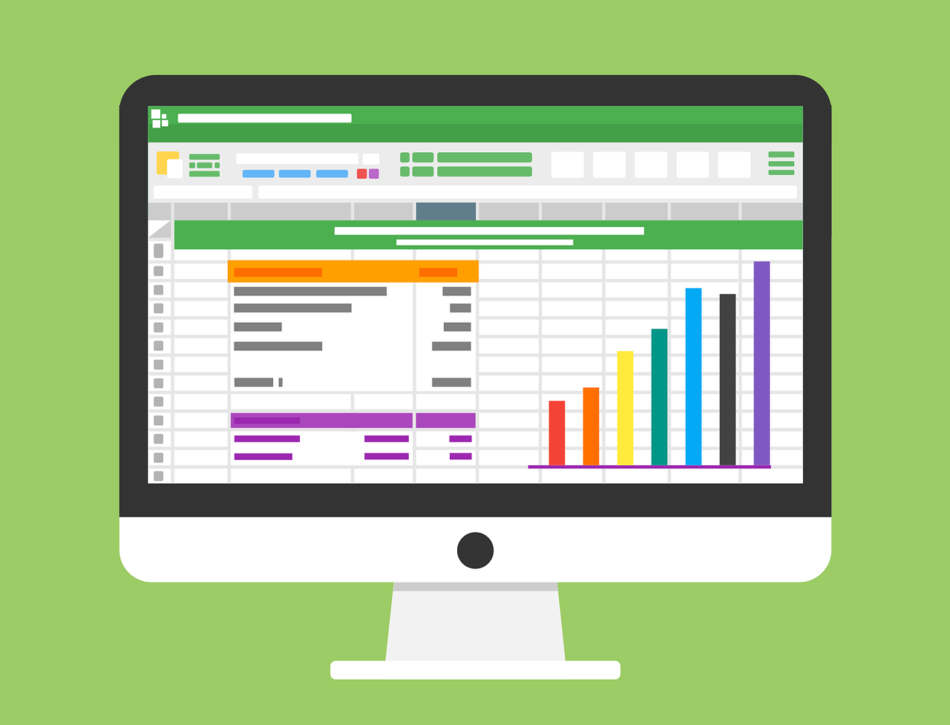High-risk payment processors help businesses grow their business and reach a global audience. They also help businesses pivot as the market changes. When you use the right payment processor, you can focus on your business growth while the high-risk payment processor manages your payments and reduces processing costs. They make managing your finances a breeze and are more like a partner than a vendor.
Chargebacks
Before you choose a high-risk payment processor, make sure you research their policies. Many of them have strict policies against high-risk businesses. Chargebacks aren’t fun for merchants, but there are ways to prevent them from happening. First of all, you should have a refund policy. The fewer chargebacks you have, the better. A good high-risk payment processor will be transparent about its fees and will provide you with a range of payment options.
Also, Read-How To Choose a Local Moving Company
Flexibility in billing practices
When you need a merchant account for your business, flexibility in billing practices is an important factor to consider. High-risk merchants often have more complex billing practices, such as accepting international payments and recurring payments. While a high-risk payment processor will need to pass a rigorous screening process, you’ll find that these companies will be able to provide you with a wider range of services and flexible payment options. This means that your business can accept the types of payments that your customers prefer.
High-risk payment processors also provide businesses with flexibility when it comes to their billing practices. Some high-risk processors require a merchant account reserve. This is non-interest-bearing savings account that the acquiring bank uses as chargeback insurance. The money in this reserve cannot be accessed until 180 days after the initial transaction.
Recurring billing
High-risk businesses can qualify for recurring billing merchant accounts. This type of account helps high-risk merchants stabilize their cash flow through recurring payments. Consumers appreciate the convenience of recurring payments, according to economists. This type of account has several benefits for both high-risk merchants and consumers.
Requirements for high-risk merchant accounts
High-risk payment processors have special requirements that you need to meet if you want to obtain their services. They will examine your credit history, as well as the history of your business. You may even need to submit your personal credit score in order to apply for a high-risk merchant account.
High-risk payment processors will charge higher fees and have stricter contract conditions than other merchant account providers. If you don’t meet these requirements, you could end up being turned down for service or thrown out of their program. It’s important to understand your options, as it will affect how you can continue to operate your business.
As a high-risk business, you need to put more effort into finding a good processing partner. The first step is to identify the factors that make your business high-risk. Then, ask the payment processor about its chargeback policies and charges.
Also, Read- High-Risk Pay
Fees
When choosing a payment processor, it is important to understand the terms and conditions that are specific to high-risk merchants. High-risk payment processor fees can range from a flat fee to a percentage of each sale. This means that merchants must spend more on setup and ongoing fees than businesses that aren’t at high risk. Payment processors consider these fees compensation for their expenses.
High-risk payment processor fees are calculated according to the type of business and its industry. Some industries, such as vaping or e-cigarette companies, are considered high-risk, while others aren’t. Payment processors can assess the risk of a business by considering the number of chargebacks it experiences. While this is a factor, it does not necessarily indicate whether the business is trustworthy.






